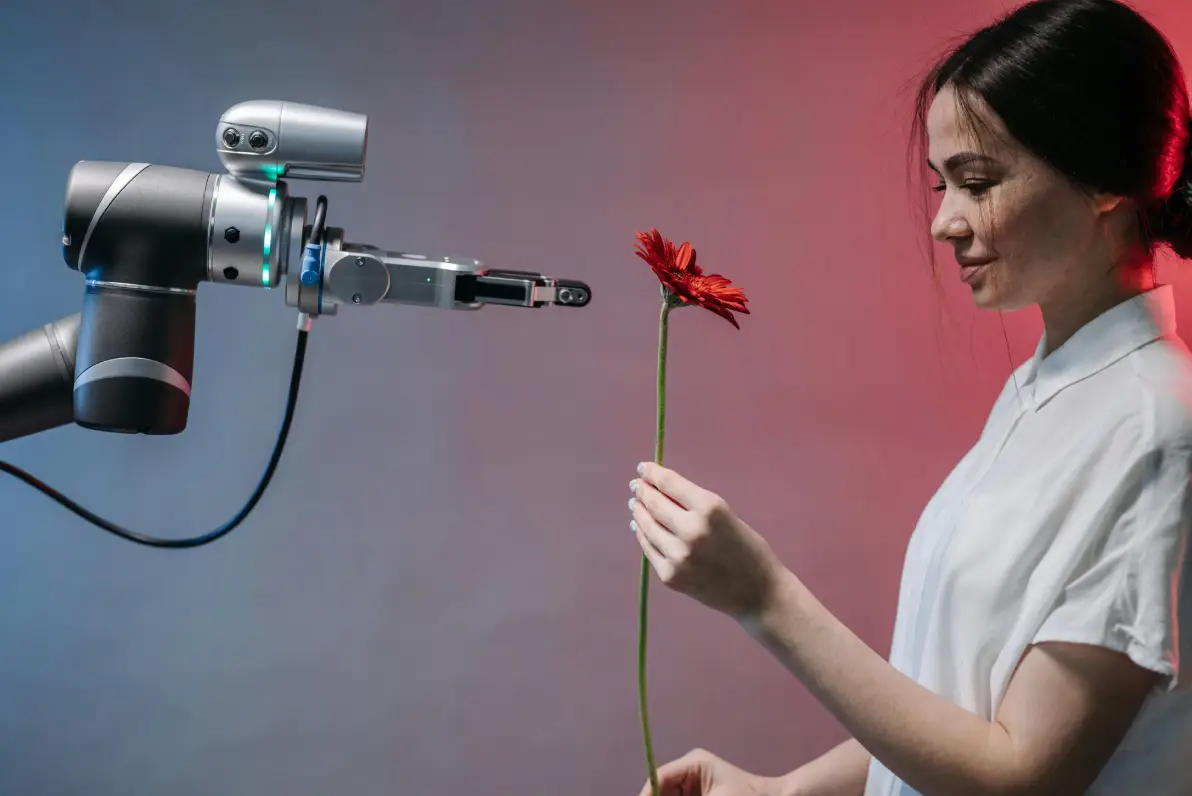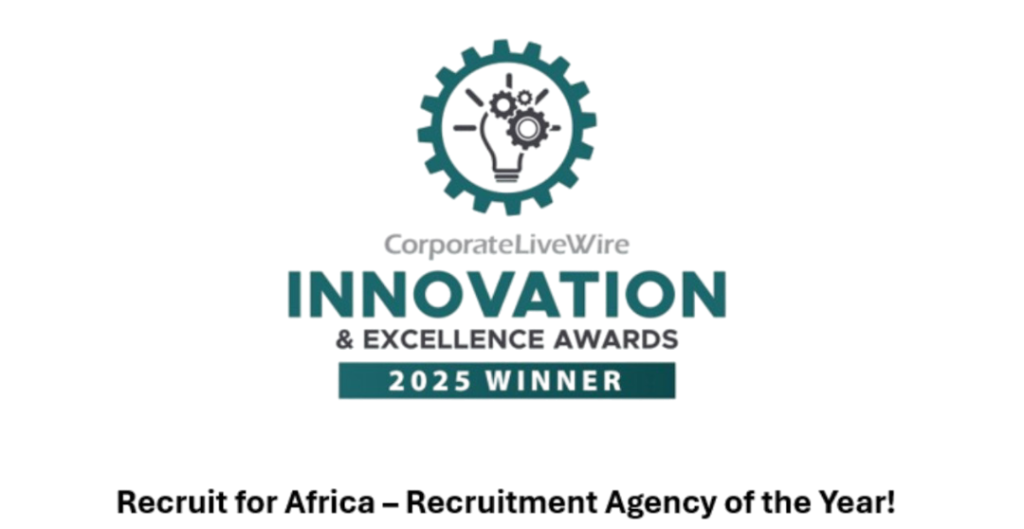The hospitality industry is on the cusp of a technological transformation, and Artificial Intelligence (AI) is at the forefront of this revolution. While AI promises to enhance efficiency, improve customer experiences, and streamline operations, it also brings significant changes to the job market. As we explore the impact of AI on the hospitality sector, it’s essential to understand how this technology is reshaping roles, creating new opportunities, and challenging traditional job functions.
- Enhancing Customer Service
In the hospitality industry, exceptional customer service is paramount. AI is helping businesses achieve this by offering personalised experiences at scale. From chatbots that assist with booking inquiries to AI-driven concierge services that recommend activities based on guest preferences, technology is enhancing the customer journey.
However, this also means that some traditional customer service roles are evolving. While AI can handle routine inquiries and tasks, human employees are now focusing on more complex, value-added interactions. The emphasis is shifting towards providing personalised, high-touch services that AI cannot replicate.
- Streamlining Operations
AI is transforming behind-the-scenes operations in hotels, restaurants, and other hospitality venues. Predictive analytics, powered by AI, allows businesses to forecast demand, optimise staffing levels, and manage inventory more efficiently. For example, AI-driven systems can predict peak times in a hotel or restaurant, ensuring that staff levels are adjusted accordingly to maintain service quality.
This increased efficiency reduces the need for manual intervention in routine tasks, potentially decreasing the demand for certain operational roles. However, it also creates opportunities for employees to take on more strategic, analytical positions, focusing on optimising processes rather than merely executing them.
- Revolutionising Revenue Management
Revenue management is another area where AI is making a significant impact. By analysing vast amounts of data in real-time, AI systems can optimise pricing strategies, predict booking patterns, and manage distribution channels more effectively. This capability allows hospitality businesses to maximise revenue and occupancy rates.
For professionals in revenue management, AI offers tools that enhance decision-making processes. Rather than replacing these roles, AI augments them, enabling managers to make more informed, data-driven decisions. This shift requires workers to develop new skills in AI and data analytics, creating a demand for tech-savvy professionals in the hospitality sector.
- Creating New Job Opportunities
While AI is automating certain tasks, it is also creating new job opportunities within the hospitality industry. Roles related to AI maintenance, data analysis, and cybersecurity are becoming increasingly important. Additionally, as AI takes over more routine tasks, there is a growing need for creative and empathetic roles that focus on enhancing the human experience.
For example, AI can analyse guest preferences and behaviour, but it cannot replace the human touch that makes a stay memorable. This opens opportunities for hospitality professionals to specialise in guest relations, event planning, and other areas where human creativity and intuition are key.
- Reshaping Training and Development
As AI becomes more integrated into hospitality operations, there is a growing need for employees to acquire new skills. Training programs are evolving to include AI literacy, data analysis, and digital customer service techniques. Hospitality workers who embrace these changes will find themselves well-positioned in the job market.
Organisations are also investing in continuous learning opportunities, recognising that the rapid pace of technological change requires a workforce that is adaptable and eager to learn. This shift towards lifelong learning is reshaping the career paths of hospitality professionals, offering them the tools to thrive in a tech-driven industry.
Conclusion: Embracing the Future of Hospitality
AI is undeniably changing the hospitality job market, but rather than displacing workers, it is creating opportunities for growth, innovation, and improved service. As AI takes on routine tasks, hospitality professionals have the chance to focus on what they do best—delivering unforgettable experiences to guests.
The key to thriving in this new landscape is adaptability. By embracing AI and developing the skills needed to work alongside it, hospitality workers can ensure that they remain an integral part of an industry that is constantly evolving. The future of hospitality is one where technology and human expertise go hand in hand, creating a dynamic and exciting job market.







